Betty (1992) Online
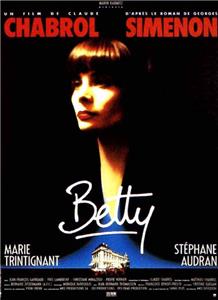
A drunken self-destructive woman called Betty wanders through bars and meets a man that drives her to a restaurant outside Paris called Le Trou (The Hole). She meets the middle-aged alcoholic Laure from Lyon, who is the lover of the Le Trou's owner Mario. Laure decides to take care of Betty and brings her to the room next-door in her hotel. Along the days, Betty tells the story of her bourgeois life and her unhappy marriage to Laure and also recalls moments of her promiscuous life.
| Cast overview, first billed only: | |||
| Marie Trintignant | - | Betty Etamble | |
| Stéphane Audran | - | Laure | |
| Jean-François Garreaud | - | Mario | |
| Yves Lambrecht | - | Guy Etamble | |
| Christiane Minazzoli | - | Madame Etamble | |
| Pierre Vernier | - | Le médecin | |
| Nathalie Kousnetzoff | - | Odile | |
| Pierre Martot | - | Frédéric | |
| Thomas Chabrol | - | Schwartz | |
| Yves Verhoeven | - | Philippe | |
| Henri Attal | |||
| Coco Bakonyi | |||
| Emmanuelle Bataille | |||
| Antoine Blanquefort | |||
| Mélanie Blatt | - | Thérèse |
The last film that director Claude Chabrol and actress, and former spouse, Stéphane Audran would work together on.

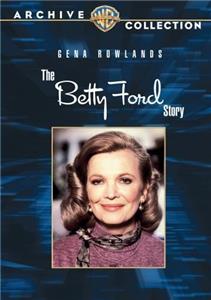
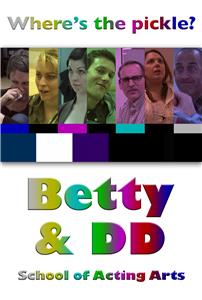
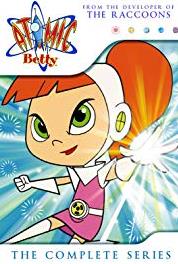
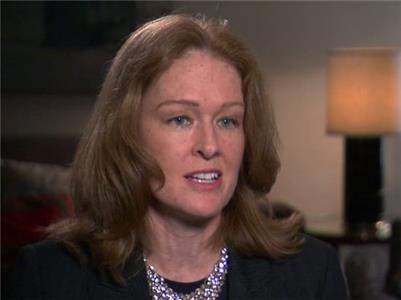
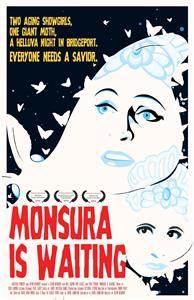
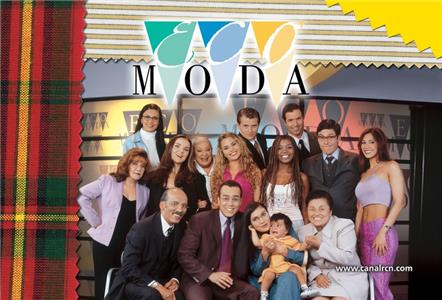
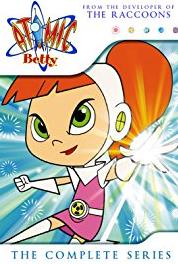
User reviews